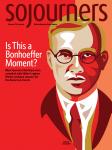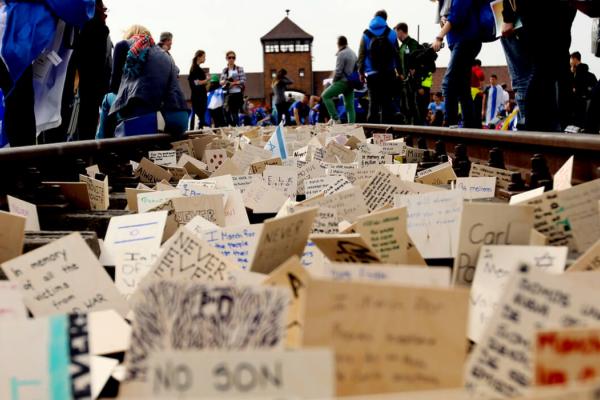This article appears in the February 2018 issue of Sojourners magazine. To subscribe, click here .
At such moments the responses of citizens and their institutions are crucial. Political culture is not just the product of how citizens engage in and create their society. It is also an expression of what we are willing to tolerate, what compromises we make, and the reasons why we make them—and those are the factors that can undermine and even destroy a political culture.
The veneer of ethics and moral behavior in the public square can be surprisingly thin. Human beings are easily swayed and enraptured; peer pressure and crowd behavior are powerful forces. We are used to living by a particular set of rules, values, and expectations of behavior, individually and socially, and it is often easier for institutions such as the civil service, universities, businesses, and religious bodies to conform than to resist. When the rules change it can be difficult to find our bearings, let alone chart a new course that can address and if necessary challenge what is happening around us.
These are the themes that Dietrich Bonhoeffer addressed in his writings. His context was Nazi Germany, but his observations about what happens to human decency and courage when a political culture disintegrates continue to resonate around the world today.
This is adapted with permission from "After Ten Years": Dietrich Bonhoeffer and Our Times. Fortress Press.

Got something to say about what you're reading? We value your feedback!

